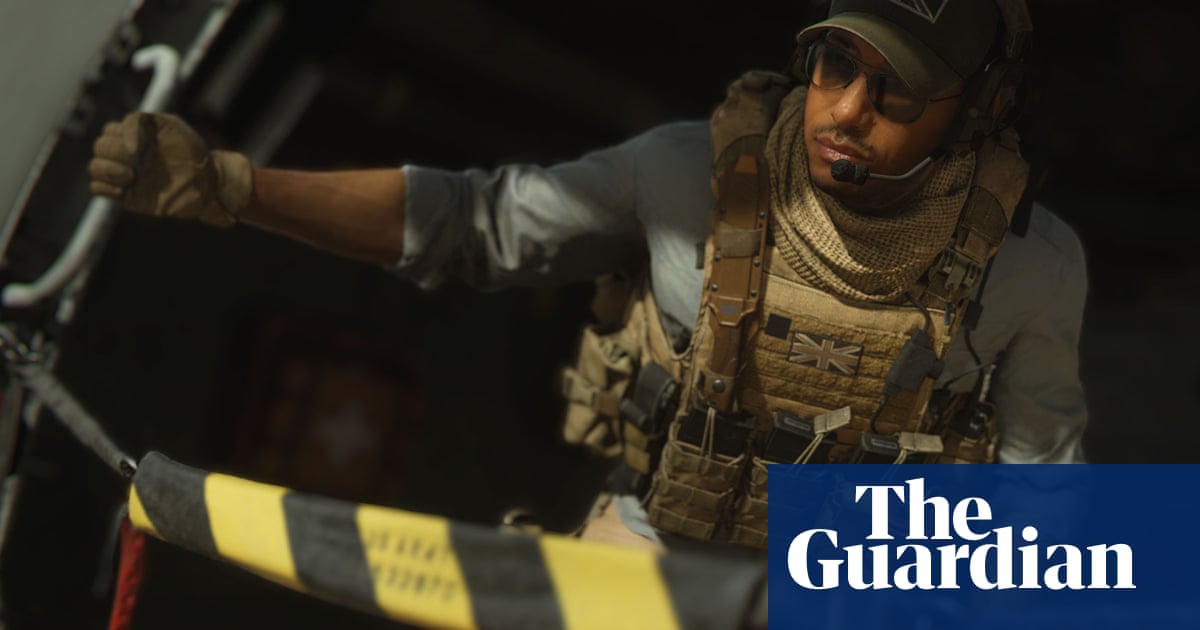
Libya’s strongman, retired general Khalifa Haftar, is attempting to force a military solution that would end years of division, bloodshed and chaos. Last Thursday, the Libyan National Army, which he heads, made a surprise advance on the country’s capital, Tripoli, even as UN Secretary General Antonio Guterres was visiting his stronghold in Benghazi trying to pave the way for a new round of political dialogue.
Haftar has managed to consolidate his grip over most of eastern and southern Libya, and has emerged as the only rival to the internationally recognized government in Tripoli headed by Prime Minister Fayez Al-Sarraj. During the past few months, his troops have taken the oil-rich coastal region and, while he appeared to be engaged in a UN-sponsored political process, in reality he was biding his time before launching a military campaign to subdue the western part of the country.
News reports of the battles taking place on the outskirts of the capital are conflicting. Haftar’s forces appear to have made a breakthrough around the old airport and in the southern part of the city. But various militias, who have been fighting among each other for control of the western region, are regrouping, supported by fighters from the rebellious city of Misrata. Haftar believes Al-Sarraj is weak and has yielded power to mostly Islamist militias who are competing for cash and power. Despite the fact that the international community recognizes Al-Sarraj’s government, Libya has been governed by two parliaments and two governments for years.
While the UN, EU, US and regional countries have warned Haftar not to pursue his assault any further, the 75-year-old general appears to be unrelenting. The fact is that he enjoys the backing of regional powers, such as Egypt and the UAE, as well as key international players such as France and Russia. Observers believe that Haftar’s decision to encroach on the capital would not have happened unless he had received a green light from his supporters.
The catch here is that, while the international community appears to be against Haftar’s latest adventure, in reality many would like to see him succeed. Libya has been in turmoil since NATO intervened in the civil war that eventually led to the collapse of Muammar Qaddafi’s regime and his murder. Until the emergence of Haftar in 2014, Benghazi and the eastern part of the country were being usurped by Islamist and tribal militias. Haftar formed a national army, backed by Egypt and some Gulf states, and fought and eventually crushed these militias.
While the international community appears to be against Haftar’s latest adventure, in reality many would like to see him succeed.
Osama Al-Sharif
Meanwhile, his new army was recognized by an elected assembly in Tobruk, while a rival parliament sits in Tripoli, where the Government of National Accord is based. For years, a political impasse prevented a peaceful solution that would end the country’s division, despite the fact the two sides had embraced a road map reached in Morocco in 2015: The Skhirat agreement.
Haftar’s assault on Tripoli effectively topples the Skhirat deal and threatens to embroil the country in a new cycle of violence. There are a number of possible scenarios as the two sides clash in and around the capital. One suggests that Haftar hopes to strengthen his negotiating stand ahead of a planned national dialogue conference sponsored by the UN in few days. Another predicts that the rival militias in the northwest will unite and manage to repulse Haftar’s advance. But, from the reaction of key powers such as Russia, which has always condemned NATO’s intervention in Libya, Haftar may be on his way to conquering Tripoli and emerging as the man who can unite Libya by force.
His success will be welcomed, although not publicly, by many European countries. The chaos in Libya allowed for the emergence of Daesh and other terrorist groups, while turning the country’s coasts into a major platform for illegal immigration and human trafficking into Europe. Haftar’s success is likely to stem those threats.
But his adventure is not without risks. The US is yet to decide the level of its involvement in Libya, as a strongman loyal to Moscow threatens to take over. Moreover, the reality that Haftar is now in control of most of Libya may not endure. Libyan tribes play a key role in supporting Haftar, but they are also territorial and have a legacy of rivalry and mutual hostility. How long Haftar can maintain their support remains to be seen.
But the key question is what happens if Haftar’s forces eventually succeed in taking Tripoli? The country still needs a political way out that will preserve its territorial unity and end years of chaos and lawlessness. In the past, Haftar had said that Libya was not ready for democracy and needs military rule. Whatever the outcome, it is doubtful that he can end the foreign intervention that has turned Libya into another Syria; the venue for fierce proxy wars.
• Osama Al-Sharif is a journalist and political commentator based in Amman. Twitter: @plato010
Disclaimer: Views expressed by writers in this section are their own and do not necessarily reflect Arab News" point-of-view












